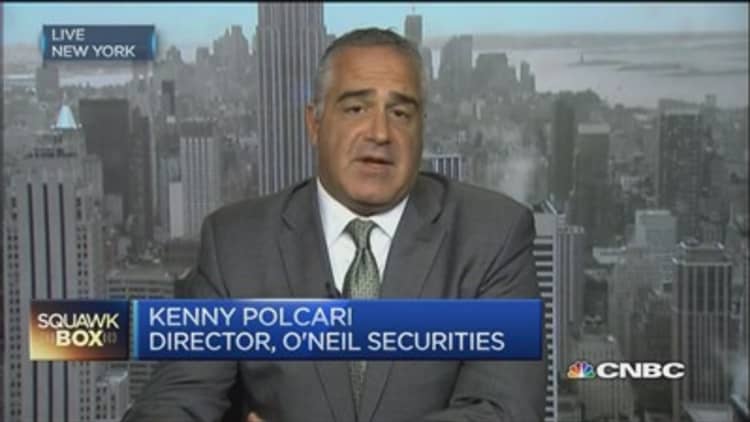Data showing a seventh straight monthly decline in U.S. business spending plans knocked the dollar lower on Friday and gave Federal Reserve policymakers even less reason to raise near-zero interest rates any time soon.
The euro backed away from a two-week high against the dollar after euro zone finance ministers told Greece it will get no more aid until it strikes a full economic reform plan.
U.S. non-defense capital goods orders excluding aircraft, a proxy for business spending activity, declined 0.5 percent last month after a revised 2.2 percent drop in February, the U.S. Commerce Department said. Economists had forecast core capital goods orders gaining 0.3 percent in March, according to a Reuters poll.
Friday's durable goods report followed lukewarm data on U.S. retail sales, employment and housing starts, which suggest soggy growth that could cause Fed policymakers to delay raising rates for the first time in nearly a decade until later this year.

"This puts more concern on the performance of the U.S. economy and adds to the pressure the dollar has experienced over the last month," said Sireen Haraji, currency strategist at Mizuho in New York. "Markets are concerned that this might postpone the Fed normalizing policy."
Yields on U.S. Treasury debt rose after the durable goods report.
The dollar index touched a near three-week low and was last down 0.4 percent for the trading day and off 0.60 percent for the week.
Against the yen, the dollar was off 0.60 percent at 118.87 yen.
was up 0.75 percent to $1.5172 after touching a five-week high against the dollar, despite assumptions that uncertainty ahead of next month's UK general election is a mounting risk for the pound.
Read MoreHere's how the strong dollar is hurting corporate revenues
The euro was last up 0.40 percent against the dollar at $1.0866, after touching a two-week high of $1.09, as lingering hopes that cash-strapped Greece was making progress toward securing fresh funding were dashed.
Jeroen Dijsselbloem, chairman of the euro zone finance ministers, said Greece still needs to deliver a list of reforms to receive funding, adding Athens needs to work faster and euro zone ministers will take stock of progress at the next meeting on May 11 in Brussels.
Similarly, EU Economics Commissioner Pierre Moscovici said that despite some progress in talks with Athens, a deal was still far off.


